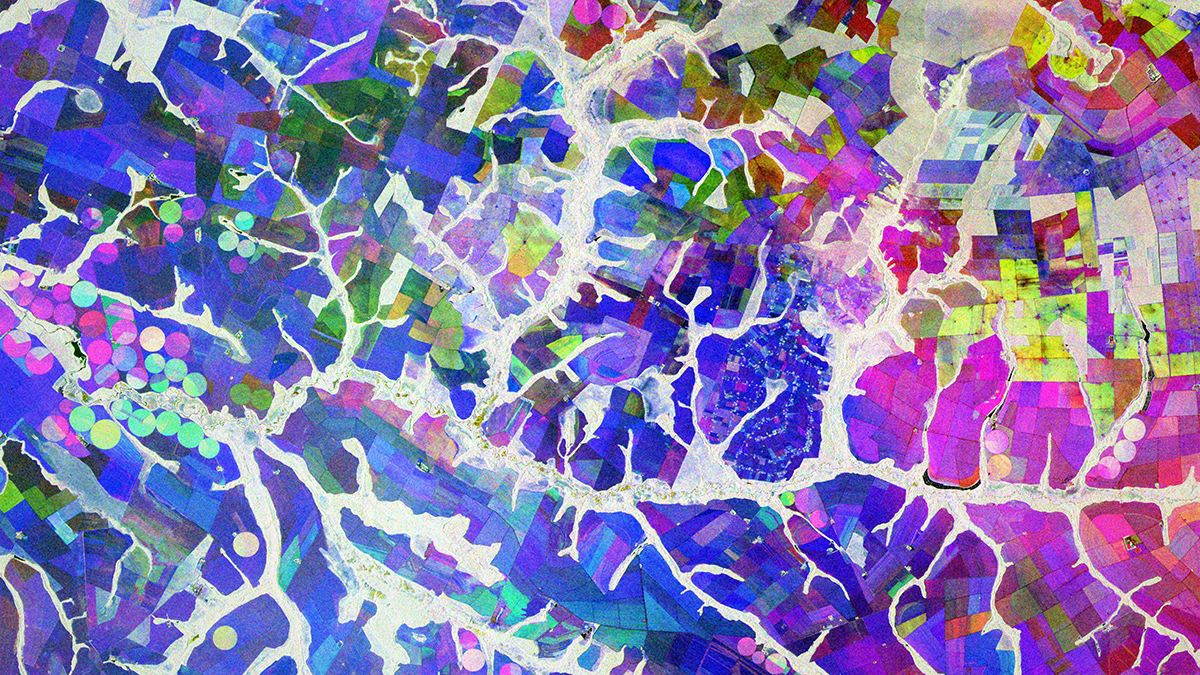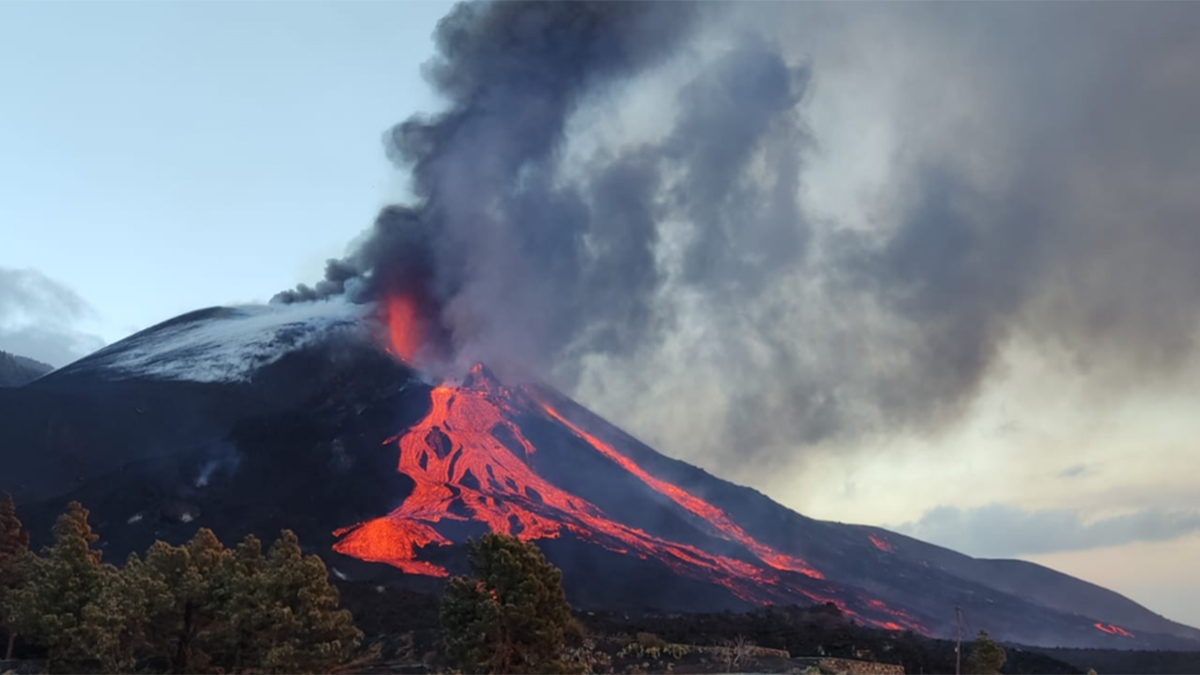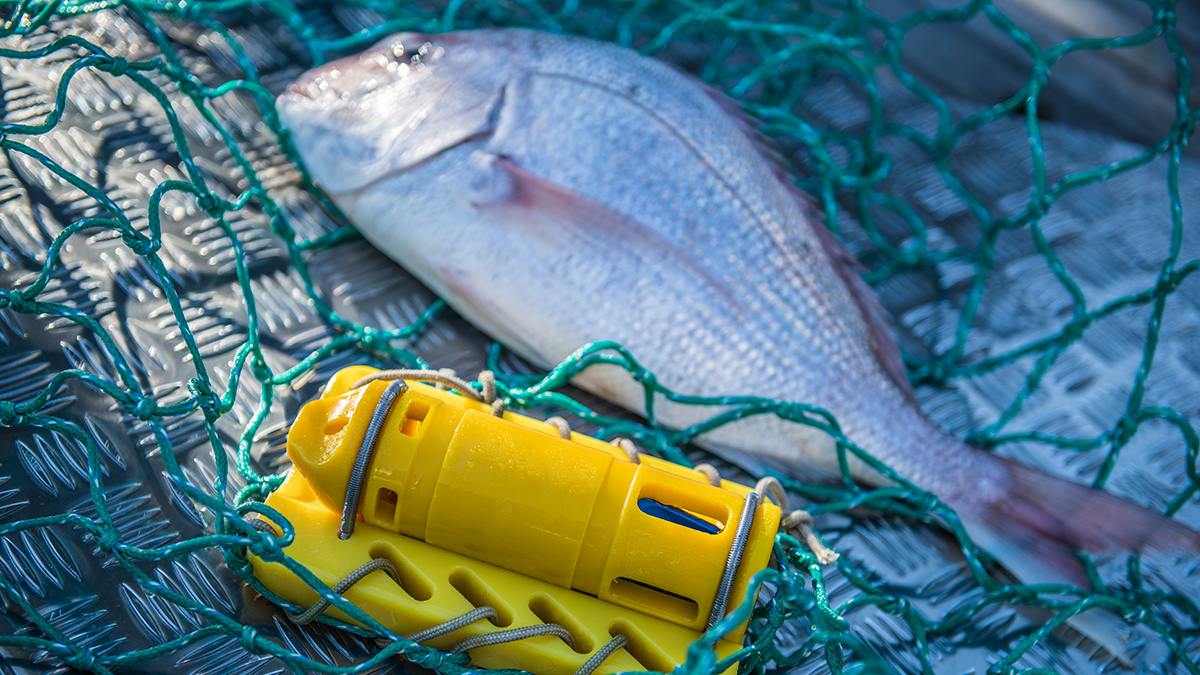Online conferences simplify planning needs, lower barriers to participation for a global audience, and reduce environmental footprints, but scheduling, pacing, and moderating sessions can be challenging.
Science Updates
A Cloud-Based Solution to a Radar Data Deluge
An open-science tool built to support NASA missions is making synthetic aperture radar, once the domain only of subject matter experts, more accessible for nonspecialists and real-world applications.
Simulating Arctic Carbon Emissions in a Warming World
Not all climate models include carbon from thawing permafrost, and those that do often disagree. Scientists are working to better inform models and assess how these crucial materials are simulated.
Volcanic Anatomy, Mapped as It Erupts
Testing during the 2021 Tajogaite eruption on La Palma demonstrated the value of near-real-time petrological analyses as a supplement to seismic and geochemical data for eruption monitoring.
An Unprecedented Experiment to Map Kīlauea’s Summit Magma System
Dozens of researchers deployed nearly 2,000 seismic stations—and a T-Rex—to better illuminate subsurface structure and magma storage below the summit of the highly active volcano.
Blasen mit Botschaften
Der Laacher-See-Vulkan ist ruhig, doch Gasbläschen, die aus dem darüber liegenden See aufsteigen, erinnern an seine potenzielle Gefahr. Wissenschaftlerinnen und Wissenschaftler untersuchten die Blasen genauer, um Methoden zur Überwachung von Eruptionen zu testen.
How Great was the “Great Oxidation Event”?
Geochemical sleuthing amid acid mine runoff suggests that scientists should rethink an isotope signal long taken to indicate low levels of atmospheric oxygen in Earth’s deep past.
A Mission to Uranus Requires a Community-Building Effort on Earth
Planning the first mission to Uranus since the 1980s offers an opportunity to build a diverse, interdisciplinary team that spans generations.
The Moana Project Braids Tradition and Science for a More Sustainable Ocean
Scientists and Māori communities in Aotearoa New Zealand are gathering knowledge on marine conditions and ecosystems to protect livelihoods and help ensure a sustainable future for the blue economy.
An Air Quality Model That Is Evolving with the Times
The pioneering Sulfur Transport and Deposition Model, initially designed to simulate atmospheric sulfur, continues to find new applications and value in environmental science and policymaking.










